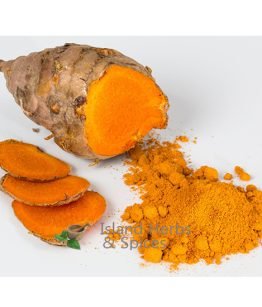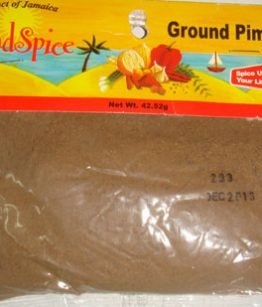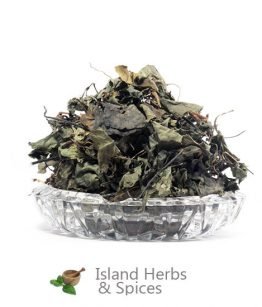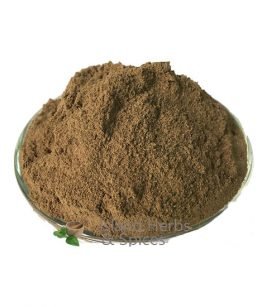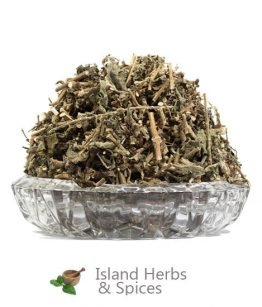What is Turmeric?
Turmeric is a spice that is derived from the Curcuma longa plant. It is commonly used as a powder in several Indian meals, including rice and curry. The powder has a vivid orange-yellow color and a slightly bitter, earthy taste.
Traditional Indian medicine has relied on turmeric for hundreds of years to heal anything from arthritis and stomachaches to skin disorders. More and more research into turmeric’s positive effects on health has been published in recent years.
Curcumin, which is found in turmeric, is a potent anti-inflammatory and antioxidant. Curcumin has been demonstrated to be effective in treating a wide range of medical issues, from arthritis and cardiovascular disease to cancer.
What are the benefits of turmeric?
Turmeric has a number of potential health benefits, including the following:
– It is a natural anti-inflammatory agent.
– It may help to reduce the risk of cancer.
– It may help to improve brain function and memory.
– It may help to reduce the risk of heart disease.
– It is a natural antioxidant.
– It may help to reduce the symptoms of arthritis.
– It may help to improve skin health.
How can you use turmeric powder for medicinal purposes?
Plants in the ginger family, including Curcuma longa, are harvested for their dried roots to produce turmeric powder. The ground powder has an orange-yellow colour and a mildly bitter, peppery taste. It’s put to use in the kitchen as a natural food dye, flavor enhancer, and preservative.
Traditional Asian medicine has recognized turmeric powder’s healing powers for generations. Due to its anti-inflammatory properties, it is used to treat a wide range of medical issues, from gout and heartburn to motion sickness and diarrhea.
Turmeric powder can be taken in capsule form, added to food or brewed into a tea. It can be added to smoothies, soups, or stews, or it can be taken as a supplement.
You should begin with a modest dose and raise it gradually if necessary.
History of the use of turmeric powder
India, China, and other countries of Asia have relied on the anti-inflammatory and antioxidant properties of turmeric for millennia. Like other ginger relatives, its flavor is warm and spicy. Most of turmeric’s health advantages, such as its anti-inflammatory and neuroprotective effects, are attributed to a compound called curcumin.
Traditional medicine has relied on turmeric for ages to alleviate a wide range of symptoms, including arthritis, heartburn, and liver dysfunction. Recent years have seen research on its possible use in treating cancer, Alzheimer’s disease, and other illnesses.
Different ways to use turmeric powder in your everyday life.
Turmeric powder is a versatile spice that can be used in many different ways in your everyday life. Here are a few of our favorite ways to use it:
1. Add it to your scrambled eggs for a delicious and healthy breakfast.
2. Mix it with some olive oil and use it as a rub for chicken or pork.
3. Add it to your favorite smoothie or juice for an added boost of antioxidants.
4. Stir it into some melted butter and spread it on your toast.
5. Mix it with some honey and use it as a face mask to help improve complexion.
6. Add it to a cup of warm milk before bed to help promote a good night’s sleep.
7. Sprinkle it on top of your favorite dishes for a bit of extra flavor.
There are many different ways to use turmeric powder in your everyday life, so experiment and find what works best for you!
Side effects of turmeric powder
Turmeric powder is generally safe when used in moderation. However, it can cause some side effects, including:
-Diarrhea
-Gas
-Nausea
-Stomach upset
-Heartburn
-Skin rash
-Allergic reaction
NOTE: We highly recommend that before using any herbal medications you should consult your health care provider or medical doctor for professional advice.
Disclaimer: All herbs and spices listed on http://islandherbsandspices.com/ or sold for medical and household use only, again we advice that before using any HERBS for medical purposes, please consult your physician.

